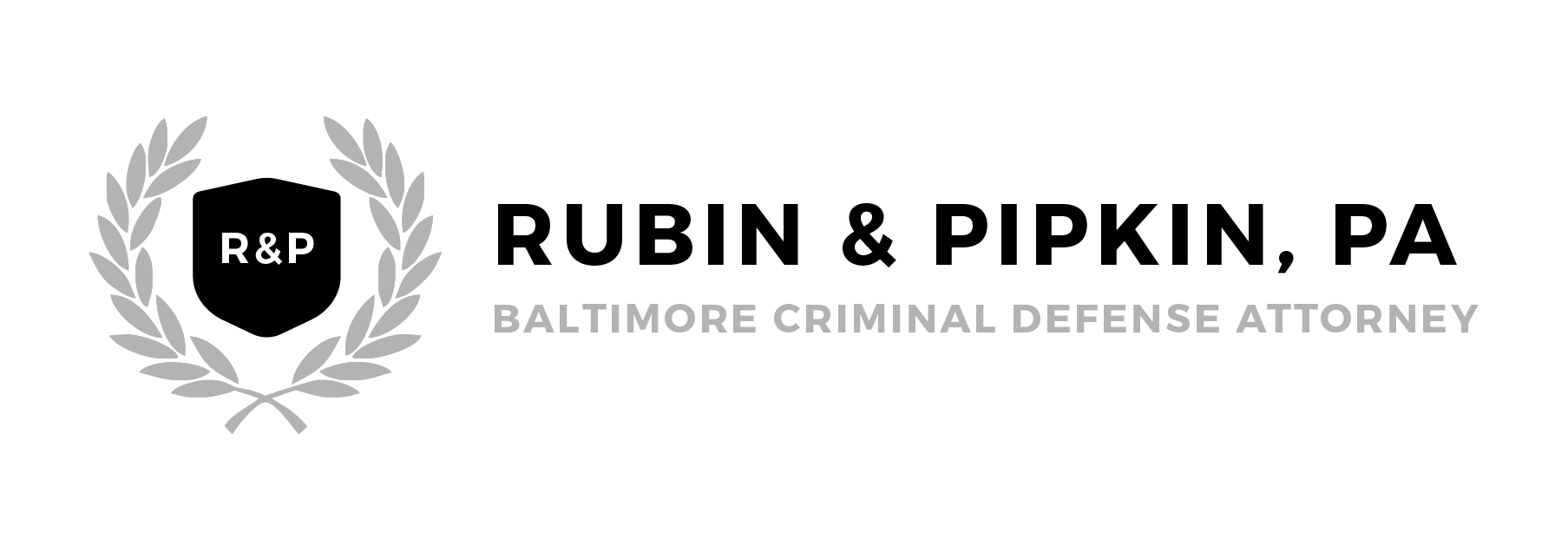06 Nov Internet crimes in Maryland
On behalf of Jack B. Rubin, PA posted in Internet Crimes on Thursday, November 6, 2014.
Maryland residents may benefit from learning more about how state laws govern and penalize Internet crimes. Grace’s Law, otherwise known as the House bill titled “Misuse of Interactive Computer Service,” is designed to protect minors from significant emotional stress, intimidation or bodily injury maliciously caused by someone using an interactive computer service. For the most part, the act focuses on electronic or online harassment.
Under Grace’s Law, if there is no legal purpose, it is unlawful to annoy, alarm or harass someone through electronic communication after receiving a request or warning to desist. With regard to minors, it is unlawful to instill a reasonable fear of serious injury or death. People who engage in electronic communication in accordance with a court order may be indemnified from prosecution. Peaceful communication designed to express political beliefs or deliver information to other people is exempt from penalty as well.
Anyone who violates the provisions described in Grace’s Law may be found guilty of a misdemeanor offense that carries a maximum sentence of one year in jail and up to $500 in fines. People who are accused of committing Internet crimes may benefit from contacting a criminal defense lawyer.
Legal counsel may be able to investigate the allegations and assess the viability of getting the accused exonerated. A lawyer may enlist the services of IT professionals in an attempt to gather evidence that substantiates any plausibility for reasonable doubt. Even if challenging the credibility of the prosecution’s case is unsuccessful, legal counsel may still be able to negotiate a favorable plea agreement.
Source: Maryland Code, “Chapter 369“, November 02, 2014


No Comments